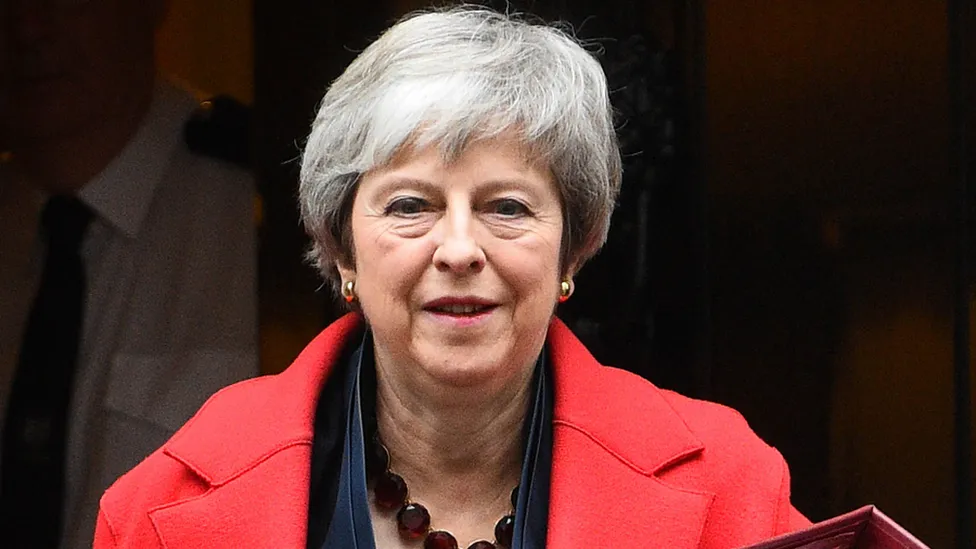Former Prime Minister Theresa May’s decision to stand down as an MP at the next general election has reverberated across political circles. Having represented Maidenhead for 27 years, May cited a desire to focus on causes dear to her heart as the impetus behind her decision. Prime Minister Rishi Sunak praised her as a dedicated public servant, echoing sentiments shared by her predecessor, Lord Cameron.
May’s political journey, particularly her leadership during the Brexit era, has been marked by both successes and challenges. While she managed to secure a Brexit withdrawal deal, her tenure was marred by internal party divisions and a failed attempt to bolster her majority through a snap election in 2017. Despite these setbacks, her contributions to public life, including efforts to promote women in politics and address issues such as modern slavery, have been recognized.
May’s departure adds to the growing list of MPs stepping down ahead of the next election, including prominent figures such as Matt Hancock, Dominic Raab, and Sajid Javid. The increasing number of resignations has fueled speculation about the state of confidence in Prime Minister Sunak’s leadership, with calls for change and a potential general election gaining traction.
May’s decision to resign from Parliament reflects a broader trend of political transitions, underscoring the evolving landscape of British politics. As the country prepares for the next electoral cycle, the impact of these resignations and the future direction of leadership remain subjects of keen interest and debate.



















+ There are no comments
Add yours